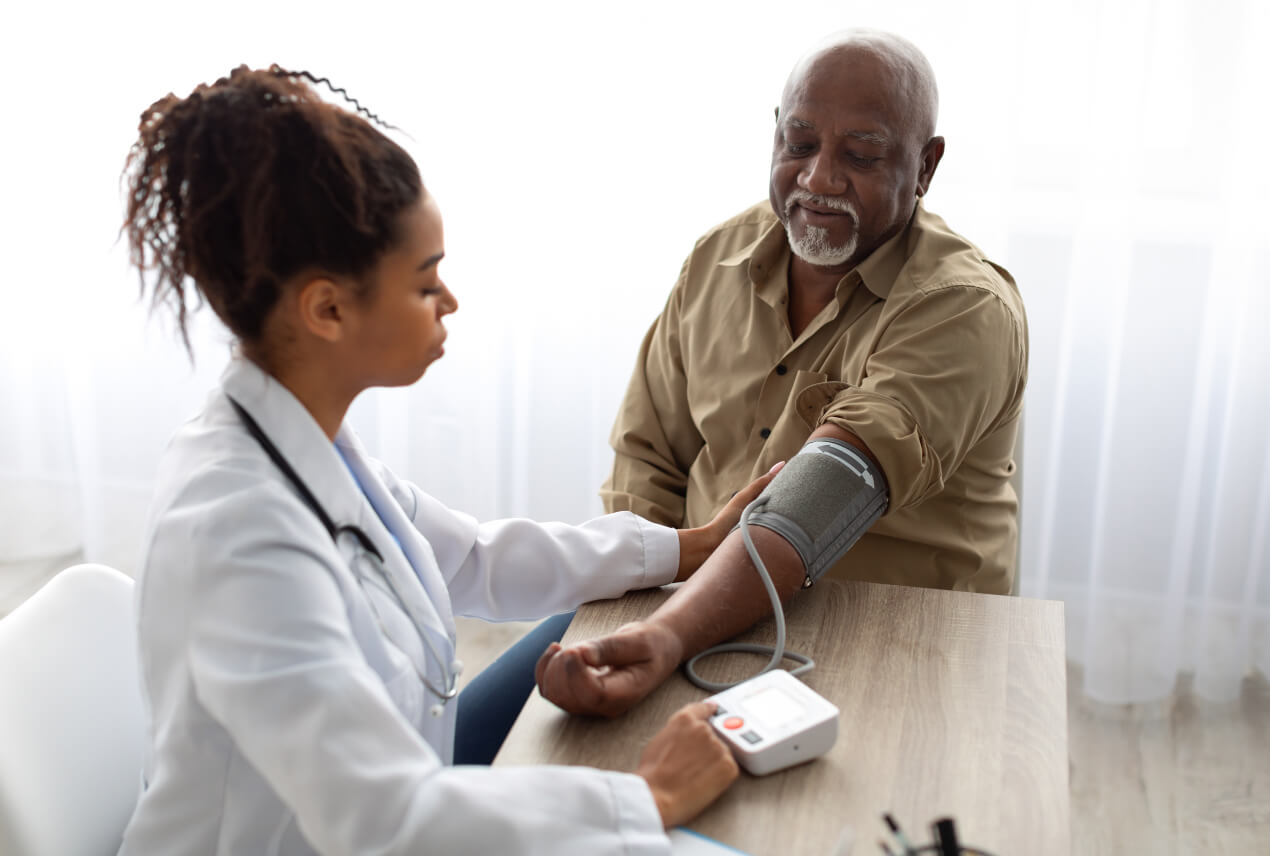Blood is transported from the heart to different areas of the body through arteries. Your blood pressure changes throughout the day between acceptable highs and lows.
Hypertension—the medical name for high blood pressure—is a condition where the pressure of blood, or the force of blood against the walls of the arteries, is elevated beyond normal levels.
The risk of developing additional health issues, such as heart disease and stroke, increases as blood pressure levels rise. Examining systolic and diastolic blood pressure readings allow physicians to identify high blood pressure and prescribe treatment.













